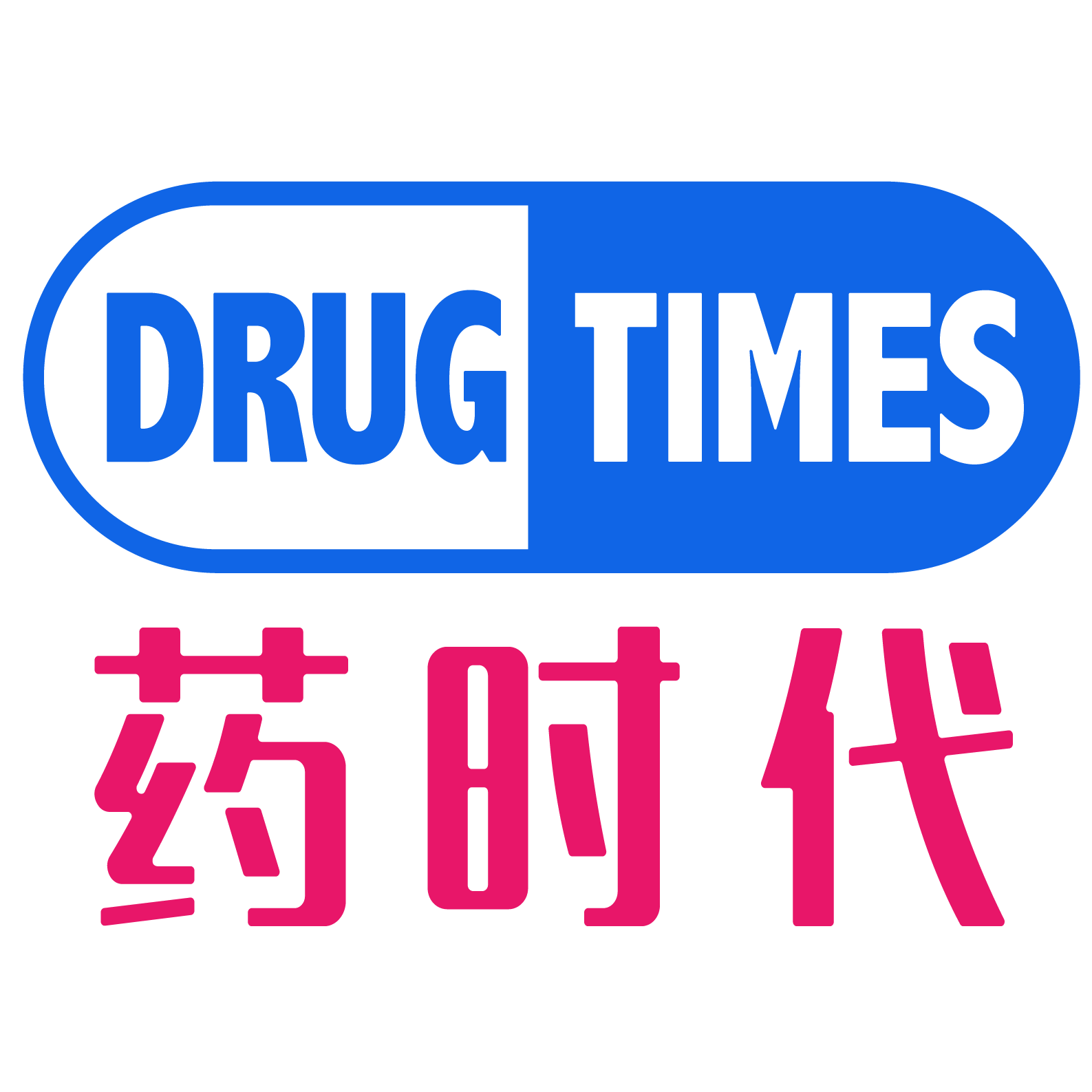
As of this year, the largest round of financing in the biopharmaceutical industry to date has been born.
On September 9, 2024, a biotech company named Candid Therapeutics made its debut, announcing that it had secured over $370 million in Series A financing. According to Fierce Pharma, this round of financing is the largest so far this year, surpassing the $325 million Series C round announced just a few days ago.
It is revealed that Candid focuses on autoimmune diseases. Unusually, this new player in autoimmune diseases was established by consolidating three rounds of financing, two licensing deals, and one merger, once again reshaping perceptions.
Behind the Birth of Candid
It is reported that this round of financing for Candid was co-led by Venrock Healthcare Capital Partners, Fairmount, TCGX, and venBio Partners. In addition, familiar faces in the pharmaceutical industry such as Foresite Capital and Third Rock Ventures also participated in this round of financing.
There are two noteworthy points behind this new company: one is the founder’s past experience; the other is the company’s establishment model.
(1) Founder

Dr. Ken Song
Candid is not Dr. Ken Song’s first venture. Prior to this, Song has founded or co-founded several companies, most of which ended with acquisitions and mergers.
RayzeBio: Established in 2020, it raised $45 million in Series A financing and focused on the field of radiopharmaceuticals. Since its establishment, RayzeBio has raised a total of $730 million in financing. In December 2023, BMS announced the acquisition of RayzeBio for $4.1 billion.
Ariosa Diagnostics: Focused on molecular diagnostic testing services and was acquired by Roche in 2014.
Omniome: Focused on gene sequencing platforms and was acquired by Pacific Biosciences in 2021.
In addition, thanks to a $75 million Series A financing round, Dr. Song also established Ablaze Pharmaceuticals in Shanghai in 2021, focusing on the development of targeted radiopharmaceutical therapies.
In Dr. Song’s career, the acquisition of RayzeBio is undoubtedly the most eye-catching deal. This extremely cost-effective business coincided with the wave of acquisitions and mergers of radiopharmaceutical assets, which makes people marvel at Dr. Song’s good judgment.
(2) Establishment Model
Before obtaining financing, Candid had no pipeline assets and was a veritable shell company. At the same time as announcing the Series A financing news, Candid also announced its acquisition of Vignette Bio and TRC 2004, through which Candid will acquire the core pipelines of these two companies.
Vignette is an incubation platform established in 2024, which just reached a strategic cooperation with the biotech Epimab Biotherapeutics a week ago to jointly develop Epimab’s pipeline EMB-06—a BCMA/CD3 bispecific antibody.
The other company, TRC 2004, was co-founded by two fund companies (Two River and Third Rock Ventures) and reached a global exclusive licensing agreement with Genor Bio in August 2024 to jointly develop Genor Bio’s pipeline GB261—a CD20/CD3 bispecific antibody.
Both companies are undoubtedly part of the currently popular NewCo model, and what supports the operation of the entire model is still the excellent Chinese innovative drug assets.
Dr. Song said in an interview with foreign media: “In the end, it was very unconventional to combine three rounds of financing, two licensing deals, and one merger, but it was accomplished.”
What does the new company do?
In summary, Candid’s main focus is the application of T cell engagers (TCE) in the development of therapeutic drugs for autoimmune diseases.
TCE therapy, like the much-anticipated CAR-T therapy, relies on T cells to achieve the goal of disease treatment. The difference is that CAR-T involves modifying T cells themselves before reinfusion, which is more technically challenging and costly. TCE, on the other hand, is essentially still an antibody drug, but it has two different binding sites that can bind to specific antigens on T cells and target cells, thereby guiding T cells to the vicinity of target cells to achieve the therapeutic purpose. Compared to CAR-T therapy, the production of TCE is relatively simple and less costly.
Currently, TCEs targeting CD19, CD20, and BCMA have been observed to have convincing complete remission rates in relapsed/refractory acute lymphoblastic leukemia, non-Hodgkin’s lymphoma, and multiple myeloma.
However, just as the industry has expanded the application of CAR-T therapy to the field of autoimmune diseases, TCE is also advancing in this direction.
For the new company, Dr. Song has high hopes and stated that there will be a blockbuster product in its pipeline that will surpass the first-generation drug king Humira.
The NewCo Model is Advancing
The NewCo model is an emerging method for going global in the pharmaceutical industry in China.
The author first learned about the NewCo model in May 2024 when Hengrui Medicine licensed the rights to its GLP-1 product portfolio to Hercules in exchange for a 19.9% stake in Hercules and licensing fees. It is reported that Hercules was established in May 2024 by Bain Capital in conjunction with Atlas Ventures, RTW, and Lyra. In other words, Hercules was essentially a platform specifically “set up” by capital for this cooperation with Hengrui, similar to the two companies now acquired by Candid.
In fact, Hengrui’s cooperation was not the first appearance of the NewCo model in China. As early as 2021, Allist Pharma had such a cooperative transaction. In addition to Allist and Hengrui, the bispecific antibody going global by Keymed Bio two months ago also adopted this model.
In summary, the so-called “NewCo” model generally involves the establishment of a new company by licensor companies and capital, with the pharmaceutical company contributing overseas rights to its pipeline in exchange for funds and equity in the new company; multiple capital parties contribute funds and, according to agreements, receive the remaining equity/rights in the new company. Through this method, licensor companies can not only supplement cash flow/obtain equity in a short period but also retain partial rights to the products.
The “NewCo model” is not uncommon among overseas multinational pharmaceutical companies, but it is indeed a new exploration that has recently emerged in China.
Generally speaking, new companies born under the “NewCo” model are likely to follow two paths: “chasing the IPO dream” or “being acquired.” Obviously, Vignette and TRC004 mentioned in this article have chosen the latter, and the time from their establishment to being acquired by Candid was only a few months, which makes it hard not to suspect that the original goal of the two cooperations was to facilitate the birth of Candid today.
With this cooperation, Epimab and Genor, which previously exchanged global rights for equity in the transferee, are now also shareholders of this new player in autoimmune diseases.
What will be the fate of this new player in autoimmune diseases in the future?
Combining Dr. Song’s professional resume mentioned earlier, being acquired by MNCs or more powerful buyers is undoubtedly one of the most likely options.
【Editor’s note】The above content (~6200 words) is a quick translation of a Chinese article (posted on 2024-09-11) by DrugTimes team. To read the original article, please click here. All comments are warmly welcome. Many thanks!
发布者:DrugTimes001,转载请首先联系contact@drugtimes.cn获得授权

 为好文打赏 支持药时代 共创新未来!
为好文打赏 支持药时代 共创新未来! 